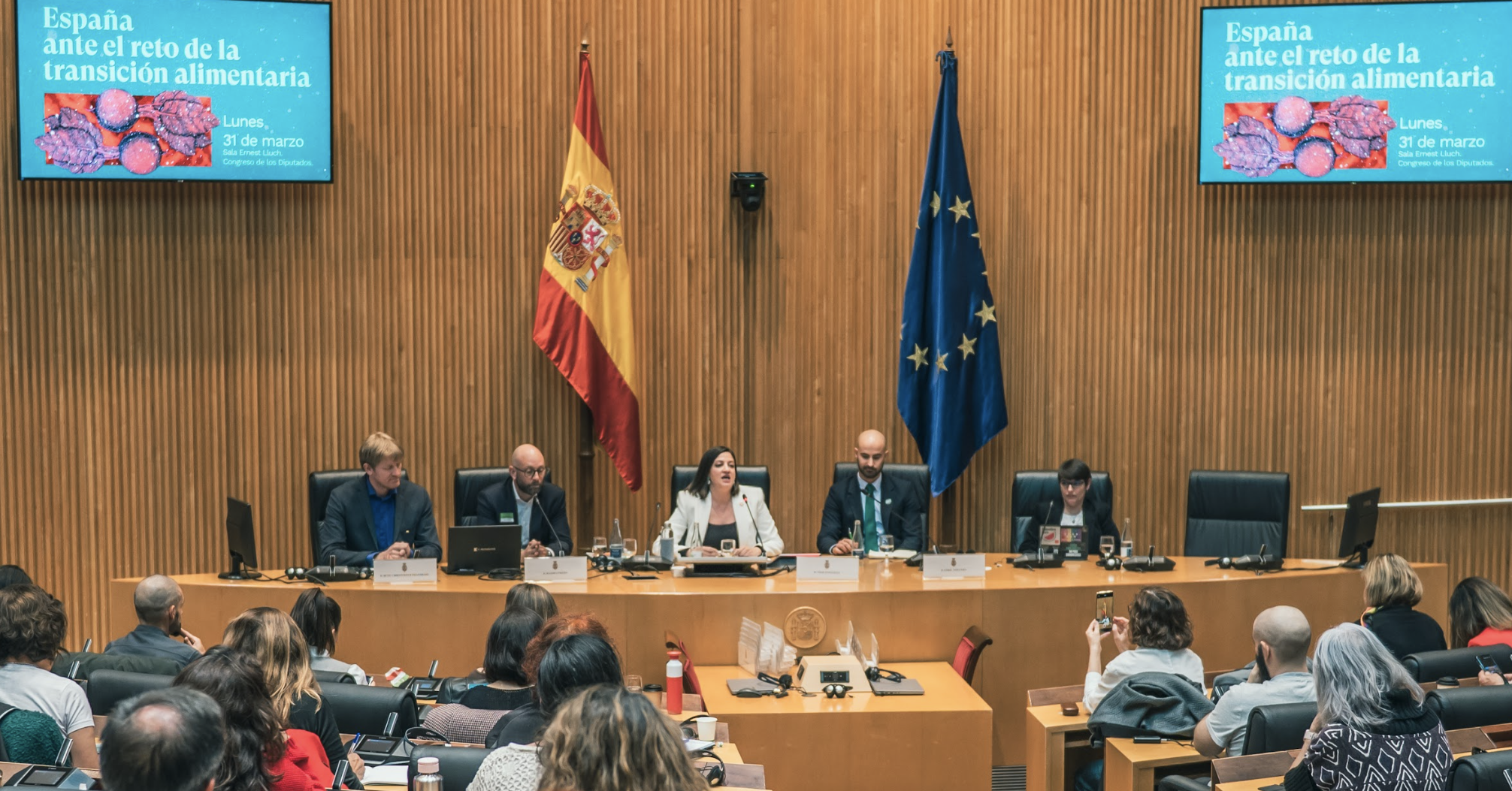The global campaign against octopus farming is gaining momentum, with legislative victories including bans in California and Washington State. The introduction of a federal bill, which also includes a ban on the importation of farmed octopus, represents another pivotal moment in the fight against this cruel and harmful practice. These wins highlight the growing awareness of the myriad issues associated with octopus aquaculture, which include:
- Exploitation of Animals: Octopuses are highly intelligent, solitary animals capable of suffering. Farming them leads to overcrowded conditions, which can result in heightened aggression, cannibalism, and stress. To date, no humane slaughter methods exist, and their fragile bodies make them highly susceptible to environmental changes, causing further harm.
- Environmental Damage: Octopus farming relies on wild-caught feed (octopuses are carnivorous), worsening overfishing and biodiversity loss. Effluents from farms harm local ecosystems, while escapes risk spreading disease, antibiotics, and pathogens.
- Public Health Concerns: Antibiotic use in octopus farming would increase the risk of antibiotic resistance, posing a serious threat to human, animal, and environmental health.
Scientific experts, NGOs, and policymakers globally oppose octopus farming due to its ethical, environmental, and public health implications. Learn more about all of the threats that octopus farming poses in our report, “Why Cephalopod Farming Must be Rejected Before it Starts”.
The Uncertain Future of Nueva Pescanova’s Farm
While global efforts against the practice have spurred action, one lingering question remains: What’s happening with Nueva Pescanova’s controversial octopus farm in Spain?
Recent developments paint an unclear picture of the project. Reports suggest conflicting narratives from various angles: One suggests that the project has stalled, citing scientific failures and opposition from the local Port Authority, while another reports that Nueva Pescanova denies these claims, insisting that the project is still in progress. According to the report by Canarias7, this could possibly be to maintain investor interest.
This conflict reveals a concerning reality: despite significant pushback and evidence against the viability of octopus farming, Nueva Pescanova appears intent on proceeding. Their persistence suggests a disregard of ethical, ecological, and societal concerns.
Government Pushback and Advocacy Efforts
There are, however, continued signs of resistance. Earlier this year, the Canary Islands government denied the company’s application for a simple environmental permit. Instead, they required a comprehensive environmental impact assessment, underscoring the high risks posed by this project. Aquatic Life Institute (ALI) has been at the forefront of this fight, submitting letters to local environmental agencies and emphasizing the grave implications of proceeding with octopus farming.
This pushback, coupled with legislative victories in the United States and scientific criticisms, suggests that the project’s significant hurdles are ongoing. As the cracks in Nueva Pescanova’s plans become more evident, we are increasingly determined and confident in our efforts to ultimately halt the farm’s development.
Continuing the Fight
At its core, octopus farming is emblematic of the worst aspects of industrial animal agriculture - prioritizing profit over ethical responsibility and environmental and public health. While the future of Nueva Pescanova's farm project remains uncertain, the fight against octopus farming, including this specific project, is far from over.
Aquatic Life Institute is committed to maintaining pressure and expanding the campaign globally. Our Octopus Farming Ban Campaign remains steadfast in advocating for legislative protections, enforcing seafood certification bans and retailer bans, to ensure that octopus farming is stopped in its early stages across all fronts.
Continue to support our efforts to stop octopus farming and advocate for aquatic animal welfare through our end-of-year Giving Season campaign. Thanks to the generosity of Mobius, every donation will be matched dollar-for-dollar, up to $15K, doubling your impact!



